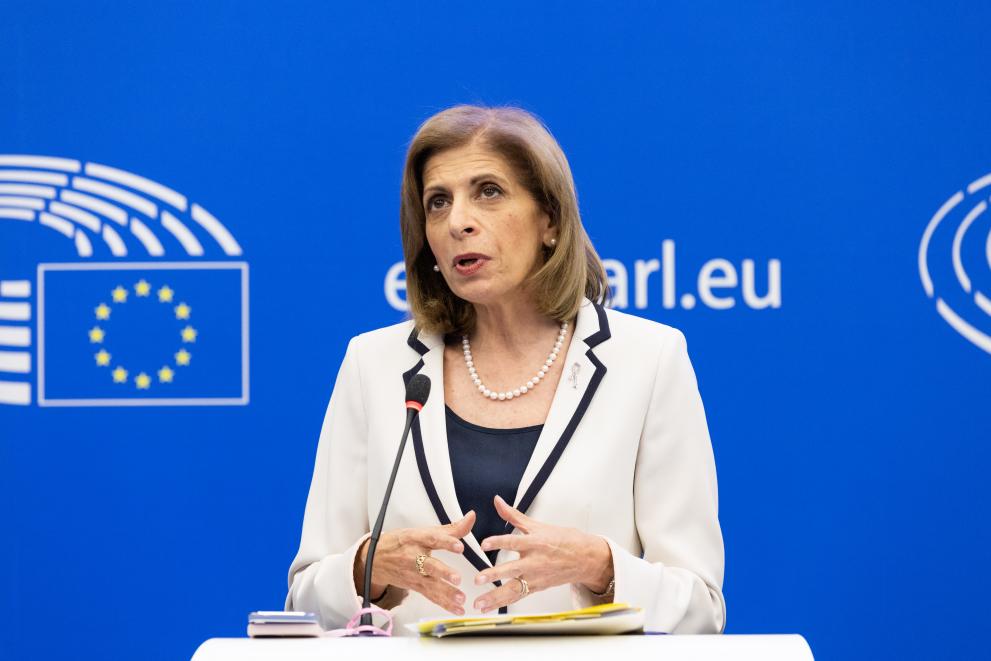
The report confirms that the directive guaranteed equal treatment of all EU patients when treated in another EU country, and that it provided for partial or full reimbursement of the costs of care cross-border healthcare.
The report also found that the directive could help reduce the very large backlog of non-emergency routine treatments, which have been postponed due to the COVID-19 pandemic, where unused healthcare capacity may exist. other side of the border.
Stella Kyriakides, Commissioner for Health and Food Safety, said: “The COVID-19 pandemic has shown the importance of cross-border European solidarity in times of crisis. It is encouraging to see that EU legislation is fulfilling its objective of facilitating equal treatment and access to safe and quality healthcare for EU patients across the Union. We will now take action to tackle the remaining challenges and ensure that all patients can make full use of their rights to healthcare under EU law. Ensuring strong European cooperation in cross-border healthcare is an important part of our action to build a strong European Health Union, serving all patients”. The recognition of prescriptions throughout the EU and the right of patients to information on cross-border healthcare are further proof of the value of the directive, which has been particularly successful in strengthening European cooperation in the field of health care in the field of rare diseases. The European Reference Networks help thousands of patients suffering from rare or low prevalence complex diseases. In addition, residents of border regions benefit greatly from structured regional cooperation in health care in emergency situations and for planned health care, through the sharing of health facilities. Several regions presented good practice examples of structured cooperation between health administrations, insurers and health care providers working together across borders to overcome differences between national health systems and meet the needs patients. However, patients continue to face difficulties when seeking treatment abroad, mainly due to the uneven application of the directive by EU countries, cumbersome administrative procedures and too much information. complexes about the best cross-border healthcare options available.
Details
- Publication date
- 13 May 2022
- Author
- Representation in Cyprus
